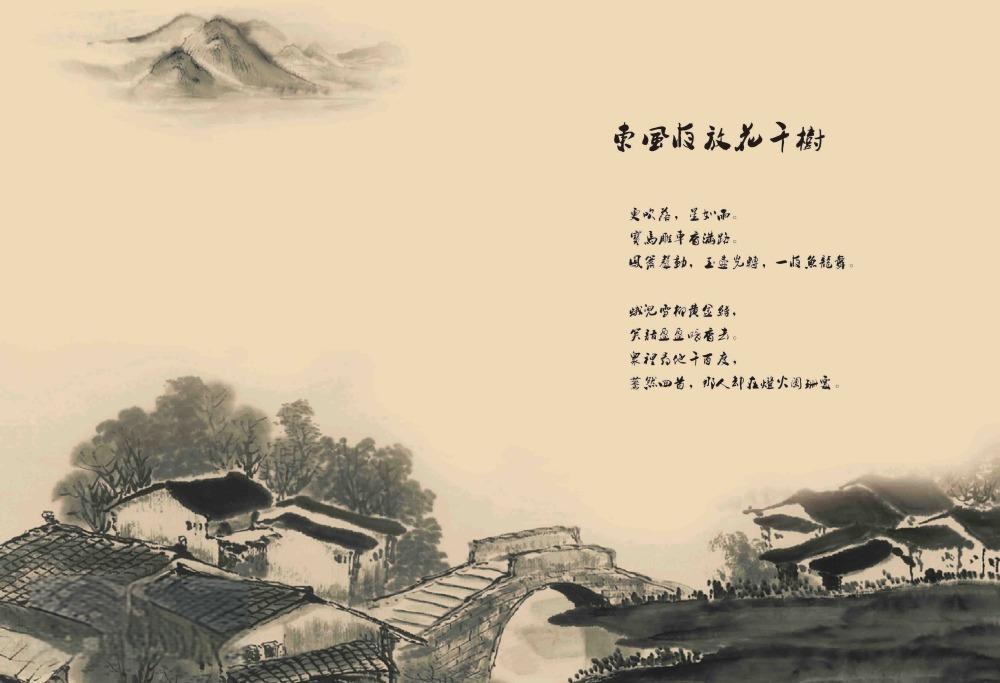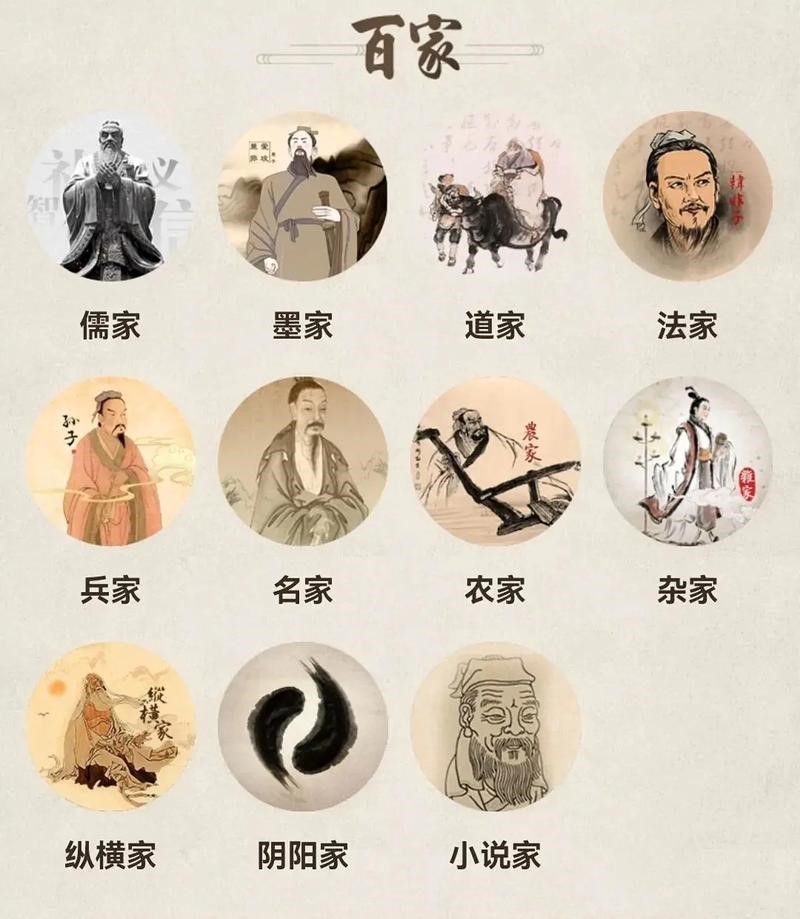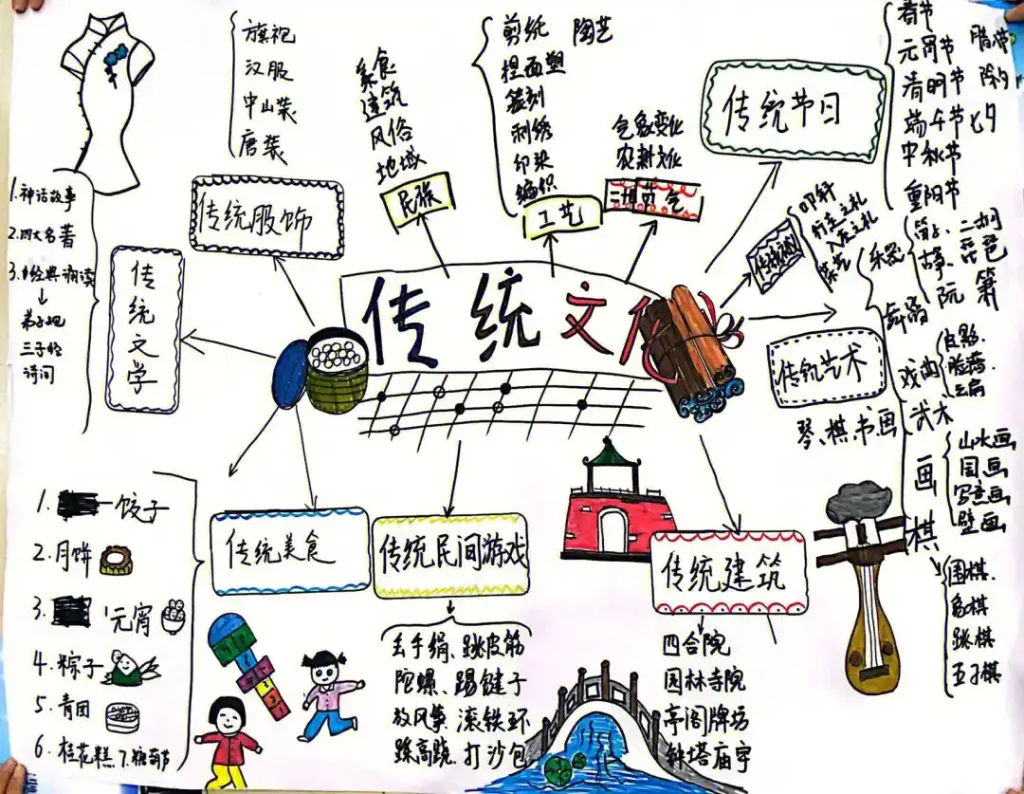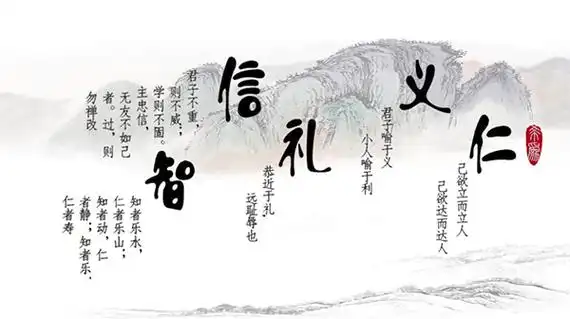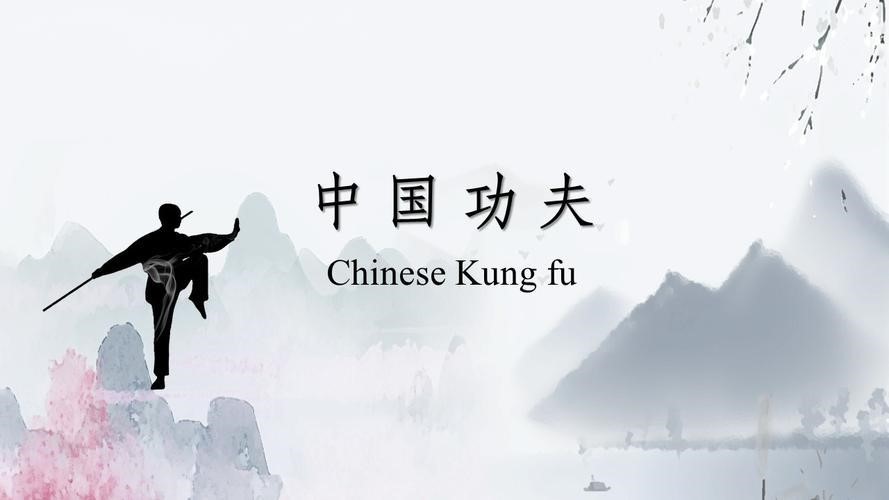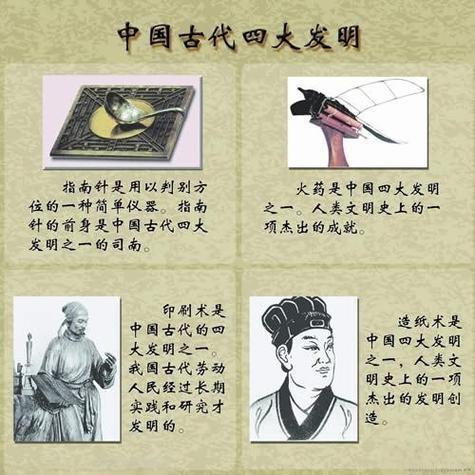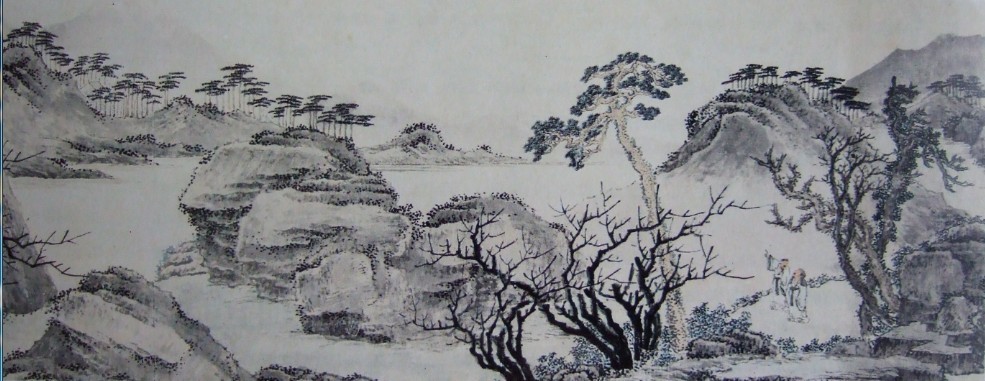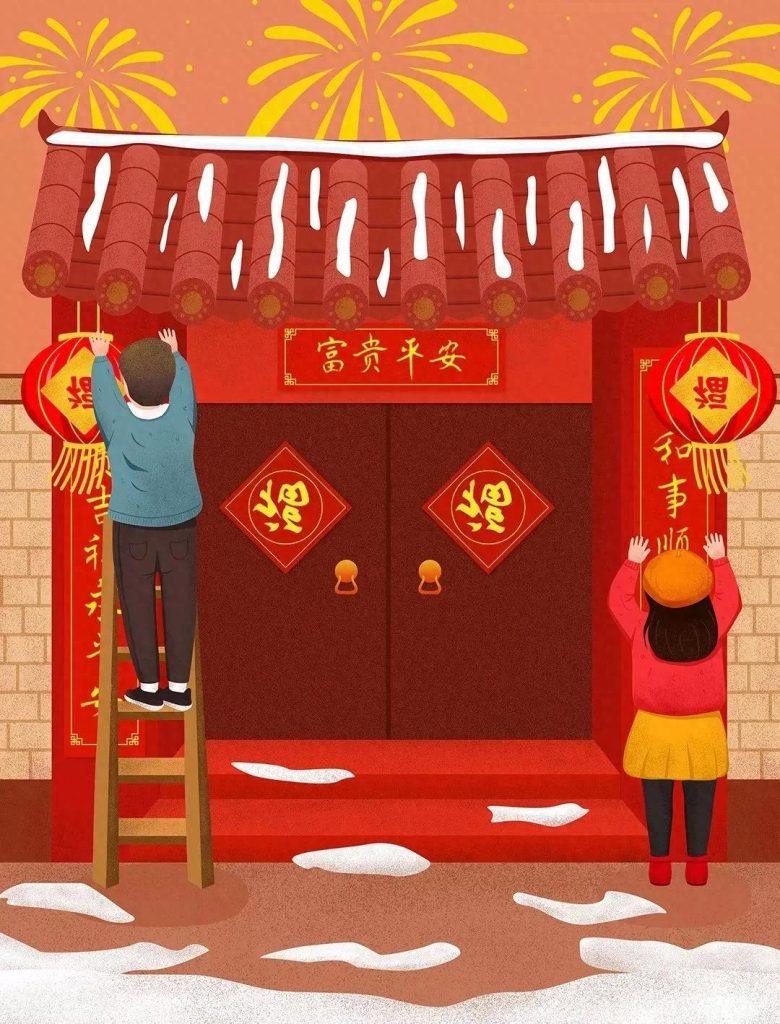Chinese culture – Later development
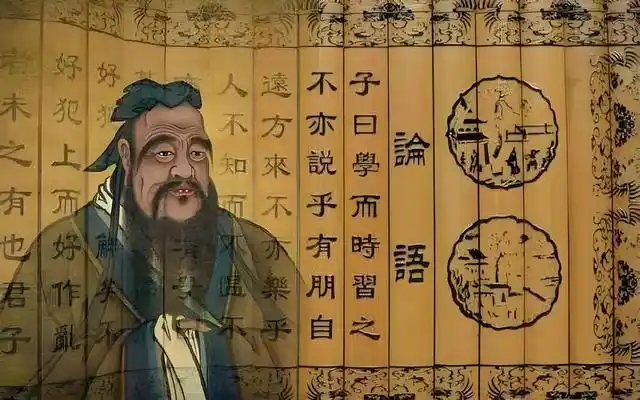
Han and Tang Dynasties
During the Han and Tang dynasties, traditional Chinese culture, including Confucianism, Buddhism and Taoism, as well as writing, painting, architecture, sculpture and so on, was introduced into Japan, Korea and other countries, such as the spread of neo-Confucianism of Cheng Zhu and Lu Wang in Japan, forming the Japanese Zhuzi and Yangming studies. When Tang Jianzhen crossed over to the east, Chinese Buddhist culture and sculptures were spread to Japan. A large number of Japanese envoys to the Tang Dynasty, such as Kibi Zhenbei, Gao Seng Konghai, and Abe Zhongmalu, were sent to China to study Chinese culture. As a result, Japanese writing and architecture were deeply influenced by Chinese culture.
Ming and Qing dynasties
During the Ming and Qing Dynasties, traditional Chinese culture was spread to some European countries through Western Jesuits and Western learning. After the four great Chinese inventions (paper, printing, gunpowder and compass) were introduced to the West, they played an important role in promoting the formation and development of Western capitalist society. Traditional Chinese culture had the greatest influence on France, which became the center of “Chinese culture fever” in Europe at that time. Since the 17th century, some Chinese Confucian classics, such as the Analects of Confucius and the University, were spread to other European countries through France. There were few enlightenment thinkers in France in the 18th century who were not influenced by Chinese culture. Such as Descartes, Rousseau, Voltaire, Montesquieu, Diderot, Holbach, their respect for Chinese culture, let us all be shocked. Voltaire enshrined Confucius’ portrait in the chapel and held him up as a model of human morality. German philosophers such as Leibniz, Kant, Fichte, Schelling, Hegel, Feuerbach and Goethe all studied Chinese philosophy and were influenced by Chinese culture to varying degrees. Leibniz, for example, believed that it was the discovery of China that made Europeans wake up from their religious confusion. This influence either directly or indirectly influenced the French Enlightenment and the German dialectic thought.
